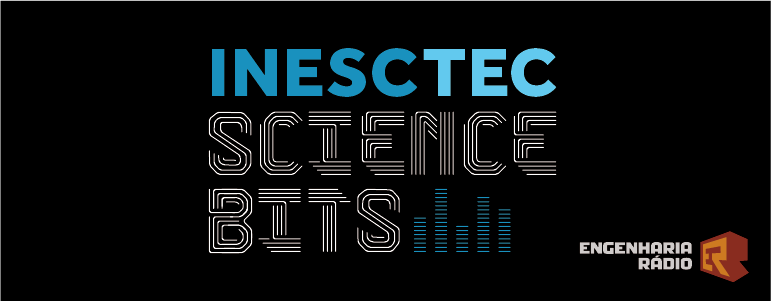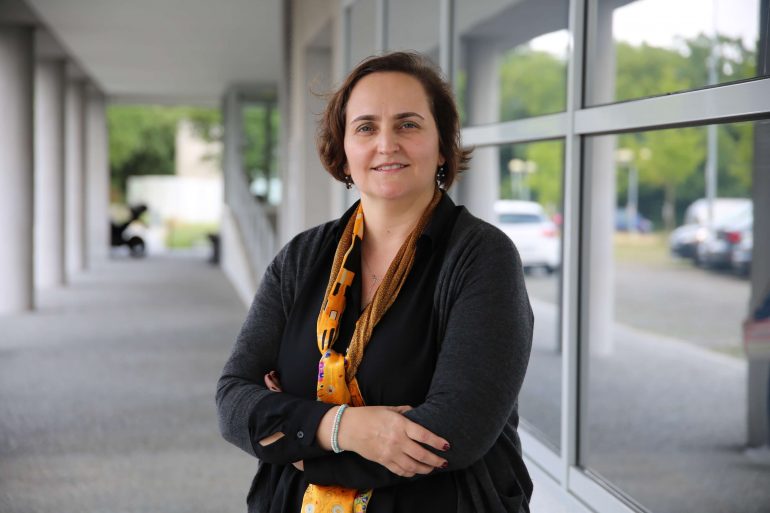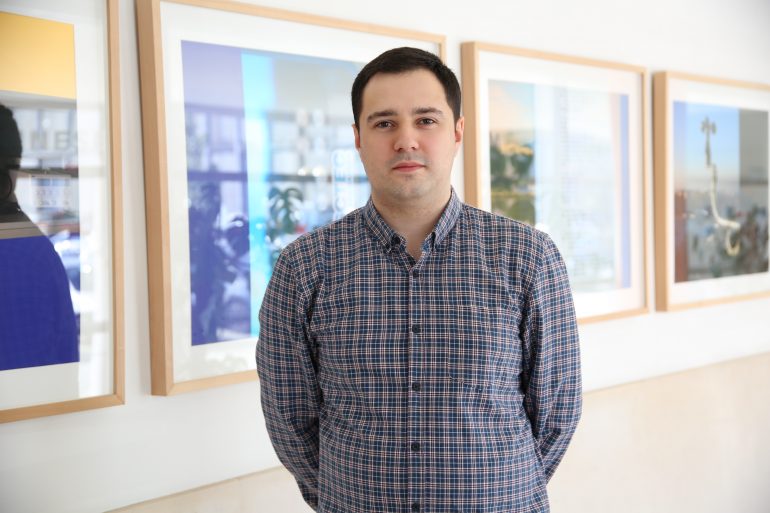INESC TEC Science Bits #6 – Biometric recognition
INESC TEC Science Bits is a podcast, produced by INESC TEC and Engenharia Rádio, which aims to shed a light on the latest trends in science and technology, trying to dive deeper in each subject with the help of INESC TEC experts and researchers.

In the last episode of Science Bits before the holidays, we talked about biometric recognition, with two researchers from INESC TEC’s Centre for Telecommunications and Multimedia.
Biometry literally means “measurement of life” and, in this episode, Filipa Sequeira and João Pinto explain why this area could be one of the key facilitators of the world’s digital transformation. A more convenient and safer world. However, since “mostly everything can be used for good and evil; the world will keep on turning”, the researchers also highlight the challenges inherent in biometrics. Don’t miss this episode. We will be back in September. Happy holidays!

Ana Filipa Sequeira (PhD) has a PhD in Electrical and Computers Engineering, a First Degree (5-year) in Mathematics and Master’s Degree in the same field, all from the University of Porto. Ana Filipa works as assistant researcher at INESC TEC, in the field of computer vision and machine learning. In the past, she worked at the University of Reading, UK, collaborating in EU projects related to the application of biometric recognition in Border Control (FASTPASS and PROTECT projects). Moreover, Ana Filipa had a short-term collaboration with the company Iris Guard UK, researching vulnerabilities and developing a proof-of-concept of a robust iris anti-spoofing measure for their EyePay® Technology. Ana Filipa also led the development of several biometric databases, managed biometric competitions and co-authored several research publications.
Ana’s research includes liveness detection techniques (for iris, face and fingerprint), biometric recognition for border control, facial analysis topics, such as emotion recognition, image compliance with standardisation requirements and interpretability of AI for biometrics, among others.

João Pinto holds an integrated Master’s (Bachelor and Master) degree in Bioengineering, a branch of Biomedical Engineering focused on a wide array of subjects related to healthcare and engineering, such as sensors and electronics, signal and image processing, computer aided diagnosis, medical instruments, robotics and bionics, mobile programming and software engineering.
He is currently a Research Assistant at CTM – INESC TEC and a PhD student at FEUP, conducting research in signal and image analysis, combined with machine learning for pattern recognition applications. His work focuses mainly on biometrics, for human identification and authentication, using electrocardiographic signals from off-the-person, highly noisy, unconstrained, and seamless acquisition settings.
Subscreve Apple Podcasts | Spotify | Youtube Music

You must be logged in to post a comment.